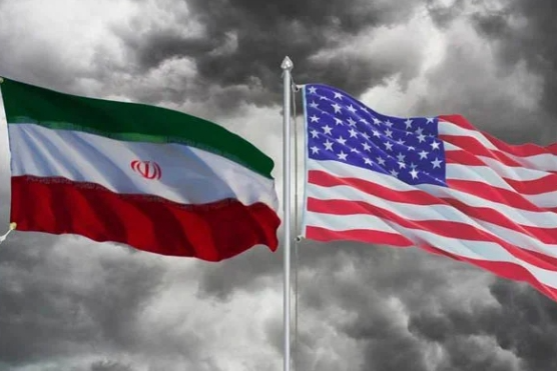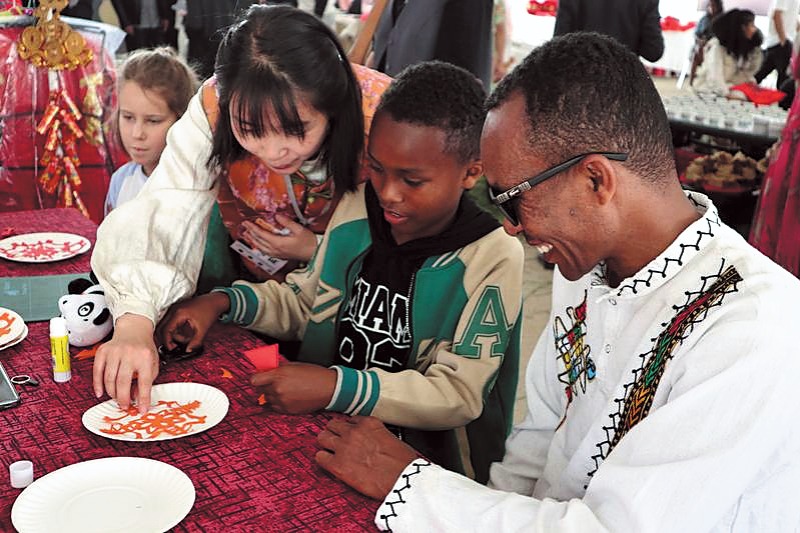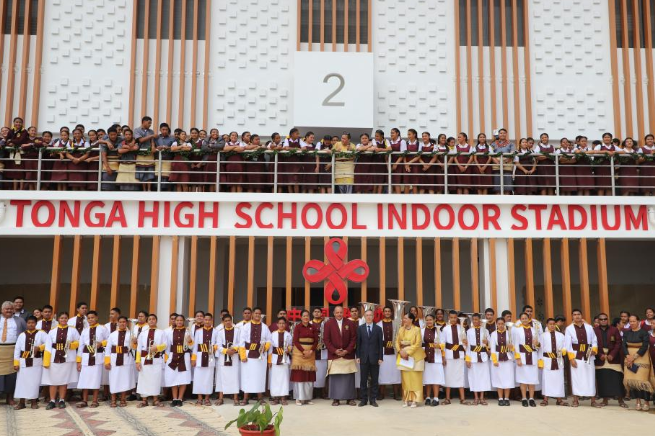Envoy stresses role of BRI in development
China, Ethiopia enjoy 'strong, deep' ties as countries mark 55 years of friendship


The China-proposed Belt and Road Initiative aligns closely with Ethiopia's development plan, underscoring "strong and deep "relations as the two countries mark 55 years of diplomatic ties this year, Ethiopia's ambassador to China has said.
Reflecting on his two years in China, Ambassador Tefera Derbew Yimam said he had traveled extensively across the country, exploring nearly every province of China.
Shanghai, a financial hub with digitized ports, and Shenzhen, a technologically advanced city, stood out. "The way a (Shanghai) port operates impressed me the most as loading and unloading are handled without human intervention," he told China Daily, highlighting China's thriving economy and its potential for trade.
Ethiopia is tapping into this opportunity through the online Ethiopian National Pavilion, launched in January on a Chinese e-commerce site to boost agricultural exports.
Ethiopian coffee, renowned for its organic and high-quality beans, remains vital to exports, with growing demand from China's younger generation, Tefera said.
Ethiopia's coffee exports to China have grown at an average rate of 27 percent annually over the past three years or so, according to the Ethiopian Coffee and Tea Authority. Online sales of Ethiopian coffee surged 300 percent during the sixth China International Import Expo, in which Ethiopia is a frequent participant.
Bilateral trade volume reached $3.55 billion in 2024, an increase of 17.5 percent year-on-year, according to China's General Administration of Customs.
China is Ethiopia's largest trading partner and largest source of investment, and Ethiopia is China's key trading partner in Africa.
This growing trade is fueled by enhanced connectivity through the Belt and Road Initiative, proposed by China more than a decade ago, Tefera said. "This would for sure boost our exports of agricultural commodities, coffee included, and other products."
The electrified transnational railway from Addis Ababa to Djibouti, a flagship project of BRI cooperation, is facilitating trade, the ambassador said. He added that BRI aligns well with the 10-Year Development Plan of Ethiopia (2021-30), which outlines Ethiopia's vision and objectives for sustainable development.
Tefera said China has been supporting Ethiopia's energy sector, notably through hydropower dams evidenced by the Genale Dawa III project and wind projects like Adama Wind Farm.
"We are pursuing a green economic development path and encouraging electric vehicle usage in Ethiopia," he said, adding that his country's abundant green energy resources, along with a population of about 120 million and a growing middle class, create strong potential for the EV market, bolstered by China's expertise.
Over more than five decades, the bilateral relationship has evolved into an all-weather strategic partnership. "Our people have benefited from this strong and deep partnership. Many job opportunities have been created through (China's) trade and investment," Tefera said.
These gains, he noted, stem from critical transportation and connectivity projects that help modernize Ethiopia, which require significant financing.

































